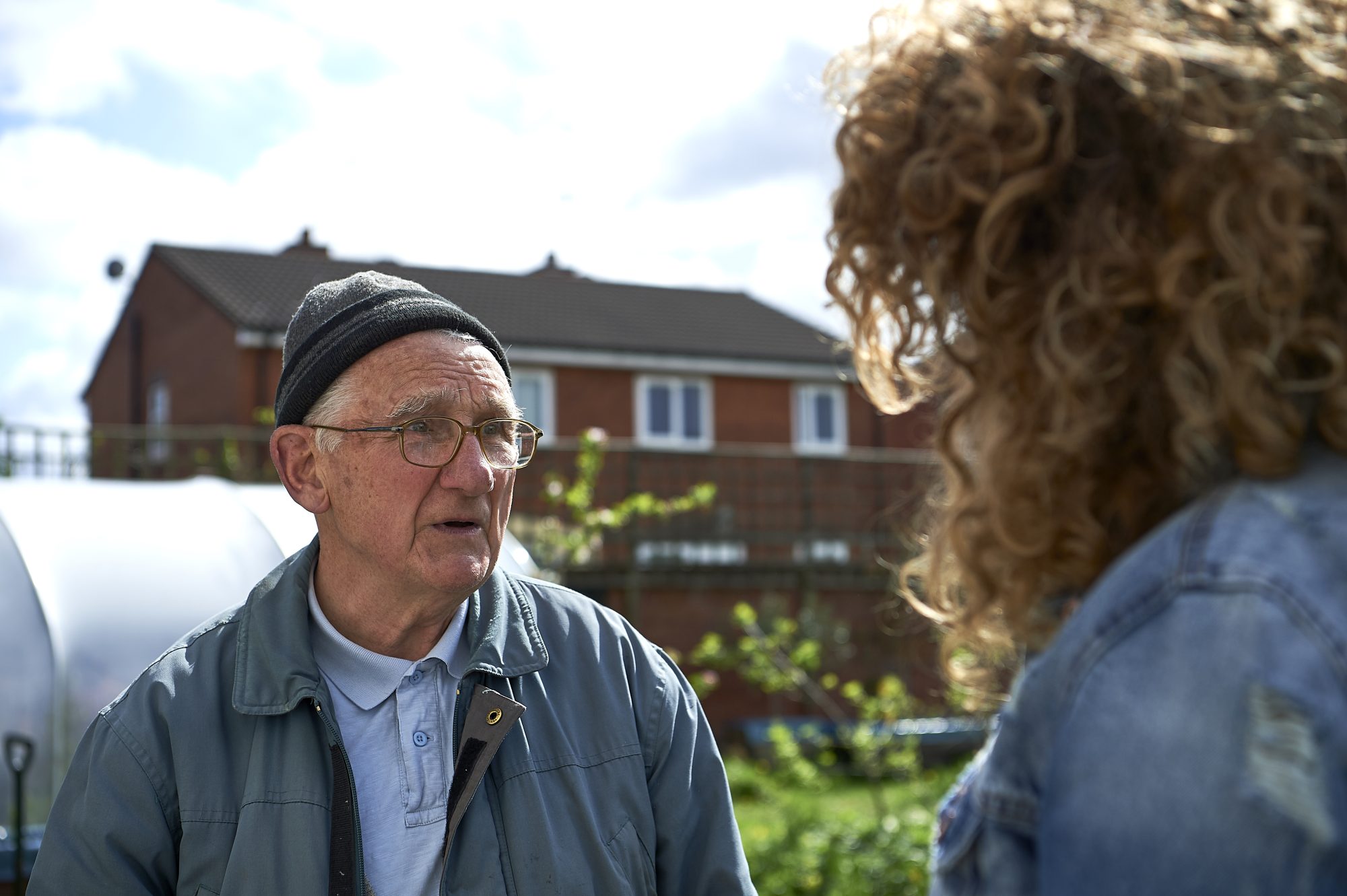Evidence and ideas
We know community business works to create thriving places.
At Power to Change, we are curious and rigorous; we do, test and learn. This means carrying out – and partnering with others on – high quality, creative research. We conduct analysis of the biggest challenges we face as a country, from distrust in politics to the decline of our high streets and explore the role community business can play in overcoming these challenges.
We conduct leading research on the community business sector, such as through our landmark Community Business Market report. We also learn, in-real-time, alongside people, communities and community businesses. Through our demonstrator projects, we test new ideas (such as Community Improvement Districts) and work with partners to act on the conclusions of this action research.
Central to our approach is a belief that research should have a life and impact beyond the publication of reports.
Our evidence and ideas
Building on our evidence base
Our evidence base shows that community business works to create thriving places. It helps local people take ownership of spaces that matter to them. They deliver services that communities need.
Previous research conducted by our Research Institute between 2015-2021, including all reports and datasets, is available on the Institute for Community Studies Repository.



